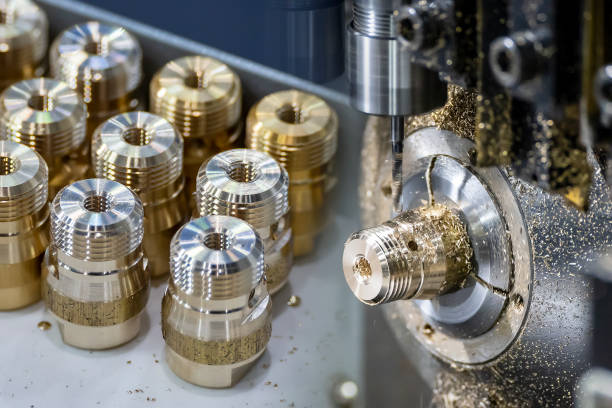
Titanium processing has emerged as a game-changing industry that is revolutionizing multiple sectors by introducing innovative techniques and unique characteristics. To meet growing demand, companies involved in titanium processing are investing heavily in research and development, leading to exciting advancements that are transforming industries such as aerospace, automotive, medical, and more. As a lightweight and corrosion-resistant metal, titanium possesses exceptional strength-to-weight ratio and versatility, making it a desirable material for various applications. However, its extraction and processing have traditionally been challenging and expensive. With the development of cutting-edge methods, titanium processing is becoming increasingly economically viable and attractive.
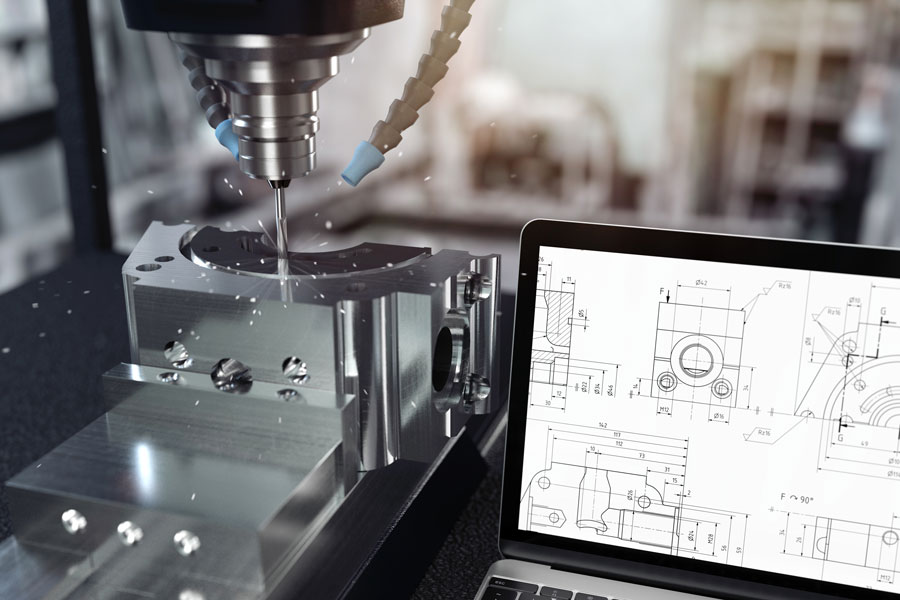
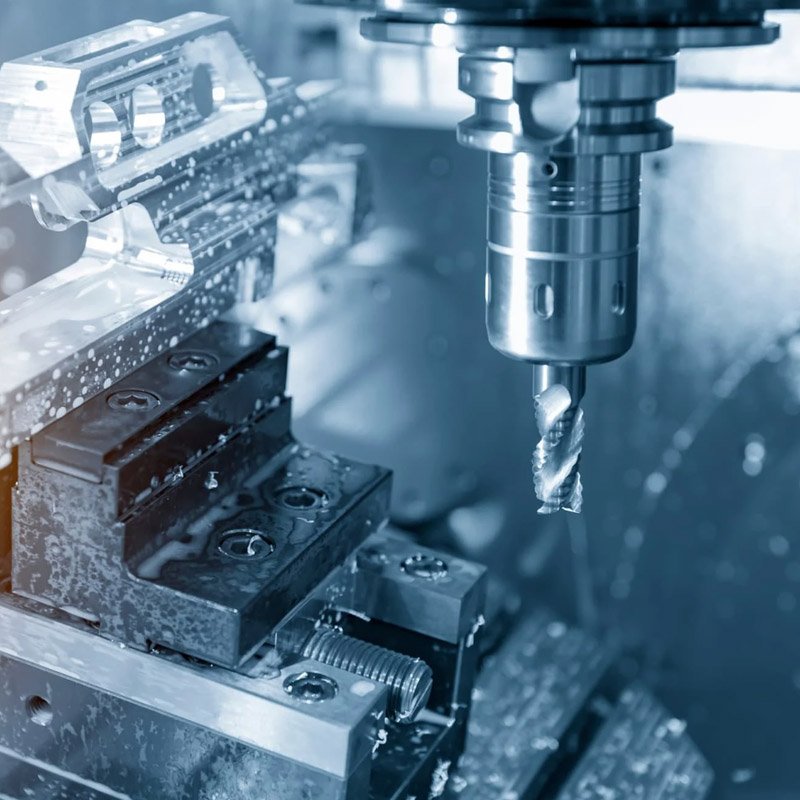
The aerospace sector has experienced significant advancements due to titanium processing techniques. With the ability to withstand extreme conditions and exhibit excellent heat resistance, titanium has become a preferred choice for aircraft structural components, landing gear, and jet engines. Manufacturers are increasingly incorporating titanium alloys into aircraft design, leading to enhanced fuel efficiency, reduced emissions, and improved overall performance. Moreover, the automotive industry is also undergoing a transformation with the utilization of titanium processing. As the demand for electric vehicles (EVs) continues to rise, titanium is playing a vital role in enhancing their efficiency and range. Titanium-based materials are incorporated into EV batteries to improve performance, reduce weight, and increase energy density.
Additionally, in conventional vehicles, titanium is used to make exhaust systems more durable and lightweight, resulting in enhanced fuel efficiency and reduced emissions. In the medical field, titanium processing has opened up new possibilities for advanced implants and prosthetics. Titanium's biocompatibility and ability to integrate seamlessly with bone make it an ideal material for orthopedic implants, dental prosthetics, and spinal devices. The development of innovative techniques, such as 3D printing with titanium, has further improved the customization and precision of medical implants, enhancing patient outcomes.
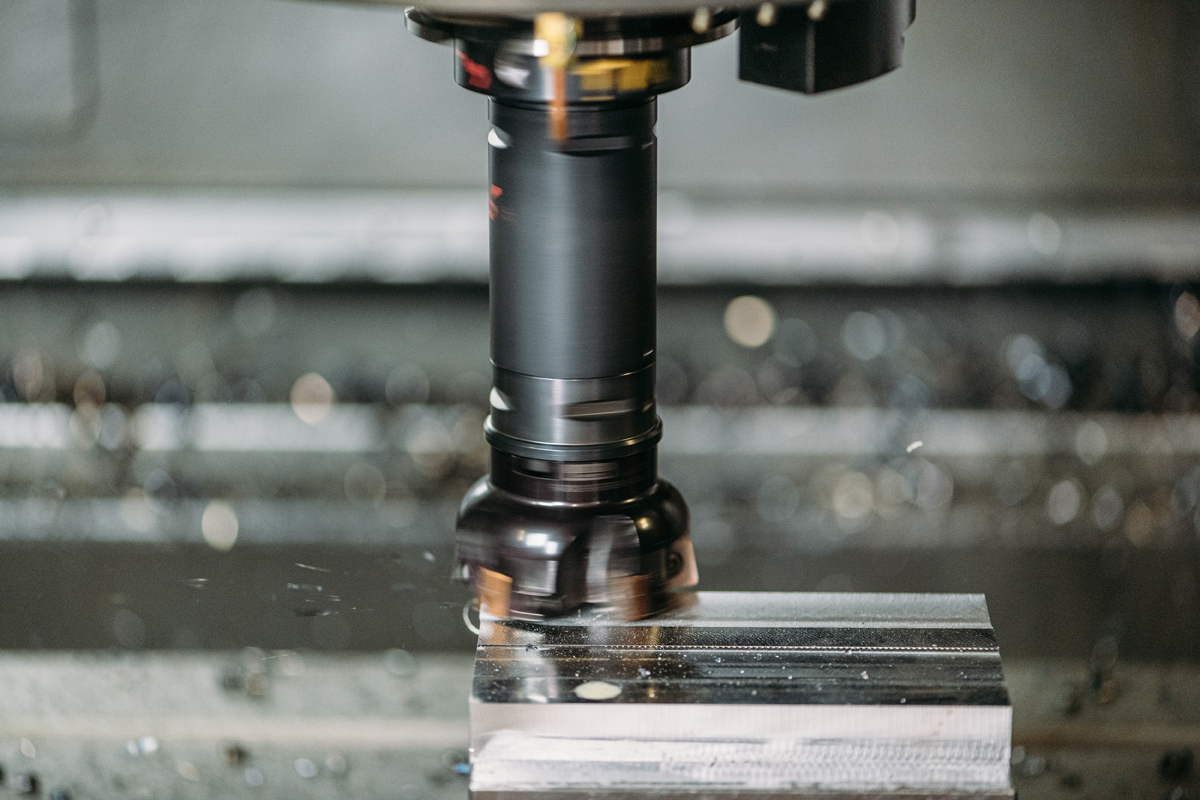
Beyond these sectors, titanium processing is finding applications in various other industries. The construction sector has begun exploring the use of titanium alloys in high-strength structural components, resulting in more resilient and sustainable buildings. Moreover, the chemical industry benefits from titanium's resistance to corrosion, using it in the construction of reactors and other chemical-processing equipment, reducing maintenance costs and increasing operational efficiency. While titanium processing brings immense potential, its high production costs have traditionally limited its wider adoption. However, companies are investing in research and development efforts to optimize processing techniques and drive down costs. Advanced extraction methods and innovative metallurgical processes are helping streamline production and reduce waste, making titanium processing more economically viable.
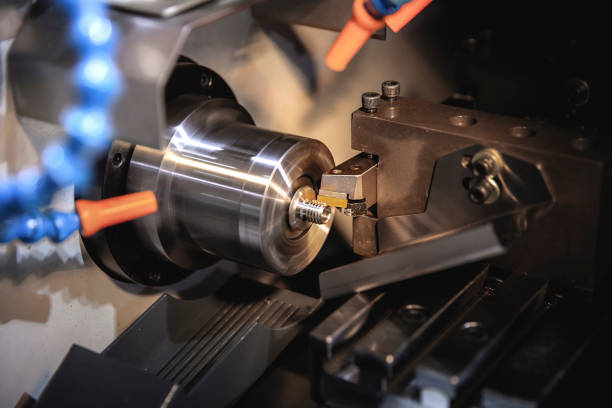
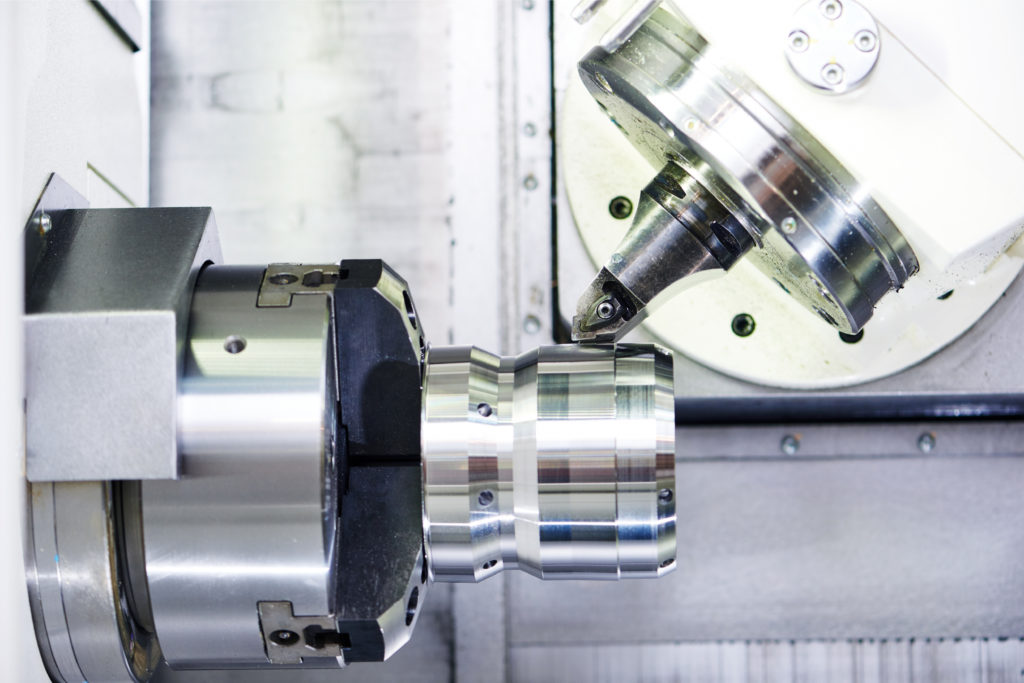
Furthermore, initiatives are underway to develop sustainable and environmentally friendly titanium processing techniques. Researchers are exploring greener extraction processes, such as utilizing renewable energy sources and reducing carbon emissions. This focus on sustainability makes titanium a more attractive choice, aligning with the global shift towards more sustainable practices. In conclusion, titanium processing is leading a revolution in multiple industries, providing lightweight, durable, and corrosion-resistant solutions. With advancements in extraction methods and metallurgical processes, the potential applications of titanium are expanding rapidly. As research and development efforts continue to improve efficiency and reduce costs, the integration of titanium into various sectors will undoubtedly continue to grow, providing innovative solutions for a more sustainable future.
Post time: Nov-27-2023
